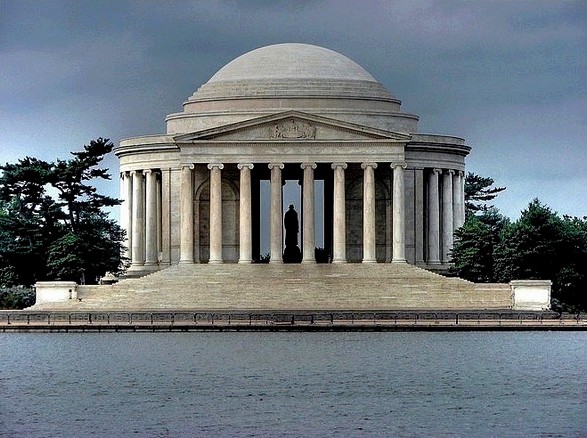|
|
LITR 4231
Early American Literature 2012 research post 1 |
|
Jennifer Matus
Native American Indians Search for Their Creator
From an early age, I have been taught that the
English settlers came over in search of freedom from religious persecution. The
white man reached out to the Indians and shared the Word of God with them. Being
raised in a Christian school and home, the topic was redundant and I never
thought much of it until this semester. Over the semester we have learned of the
spread of Christianity. However, we have not heard about the religious
traditions of the native North American Indians or why a number of the Indians
turned against these beliefs and became followers of Christianity. Were the
Indians pressured to take on the beliefs of the settlers? The settlers took over
the Indians’ land, so why not their beliefs as well?
I began my study questioning the spiritual beliefs
of the Native Americans, which I realized was a large task due to the amount of
tribes. I wanted to scope in on a something more specific. While on my favorite
search tool, “Google” I came across an article by Tim Giago, founder of the
Native American Journalists Association. The title of the online article was
“Why Did the Native American People Convert to a Foreign Religion?” Giago never
answered the question, but felt many Indians converted in order to stay on
better terms with the white settlers. This article was starting point to my
investigation of why the Indians converted to Christianity from their spiritual
beliefs.
I took my search to the UHCL Library’s online
database. There I discovered an article by Carol Gallagher, the first American
Indian female bishop that was published in “Studies in World Christianity”. She
talks of many of the Indians already praising the Creator for life and nature;
when they learned fully of God’s Word, it was easily embraced. The problem was
the settlers who spread the Gospel felt God wanted them to live a certain way by
how they dress and speak. The Indians did not understand why the Puritans wanted
them to change their lifestyles to fit this. According to Irene Vernon of
Colorado State University in her article “The Claiming of Christ: Native
American Post-Colonial Discourses”, the Europeans were simply trying to civilize
the Indians. In doing so, they banned the Indians’ form of worship and imposed
their Christian traditions and education upon them. He continues to tell of the
introduction of sin to the Indians by the Europeans, a concept that was unknown
to the Indians. I noticed there was a difficult struggle to balance Christianity
and culture which I found to be disheartening. Vernon also wrote of Indians
using Christianity to better their lives by converting to the “religion of the
dominant”. They were given rights to land which led to feelings of freedom and
ownership. One Indian described felt that the Bible clarified what he had been
taught as a child; however, once he converted he felt abandoned by his tribe.
The Indians struggled with the clash of culture and
religion which David Bogen and Leslie Goldstein help to define in their article,
“Culture, Religion, and Indigenous People”. Their definition of culture includes
religion and government. I was left questioning whether you can keep your
culture, but change religion or if you must then change your entire culture.
Kevin Sweeny explained in his “Early American Religious Traditions: Native
Visions and Christian Providence” that some groups of Indians completely
rejected Christianity, some adapted parts, and others found a way to incorporate
both. I got the feeling that the attempt to “civilize” the Indians only lasted
so long. Eventually the Indians were just viewed as occupants of land the
Europeans wanted to take over.
To answer my question of why the Indians converted
to a foreign religion, I first must state that for most, the answer remains
unknown. This is due to the personal decision to go forth with a religious
conversion. After studying the topic, I am convinced some Indians were somewhat
pressured in hopes of a better life. The similarities I found in the traditional
Indian spiritual beliefs and Christianity also led some to become followers of
God. I did not find how many converted to Christianity, but I cannot imagine the
number is very high. The majority of Indians was set in their ways and did not
like an alien attempting to civilize them, as if they were not good enough. In
my study, the search for acceptable sources lacked and the articles found lacked
any kind of formal response to the posed question.
|
|
|
|


